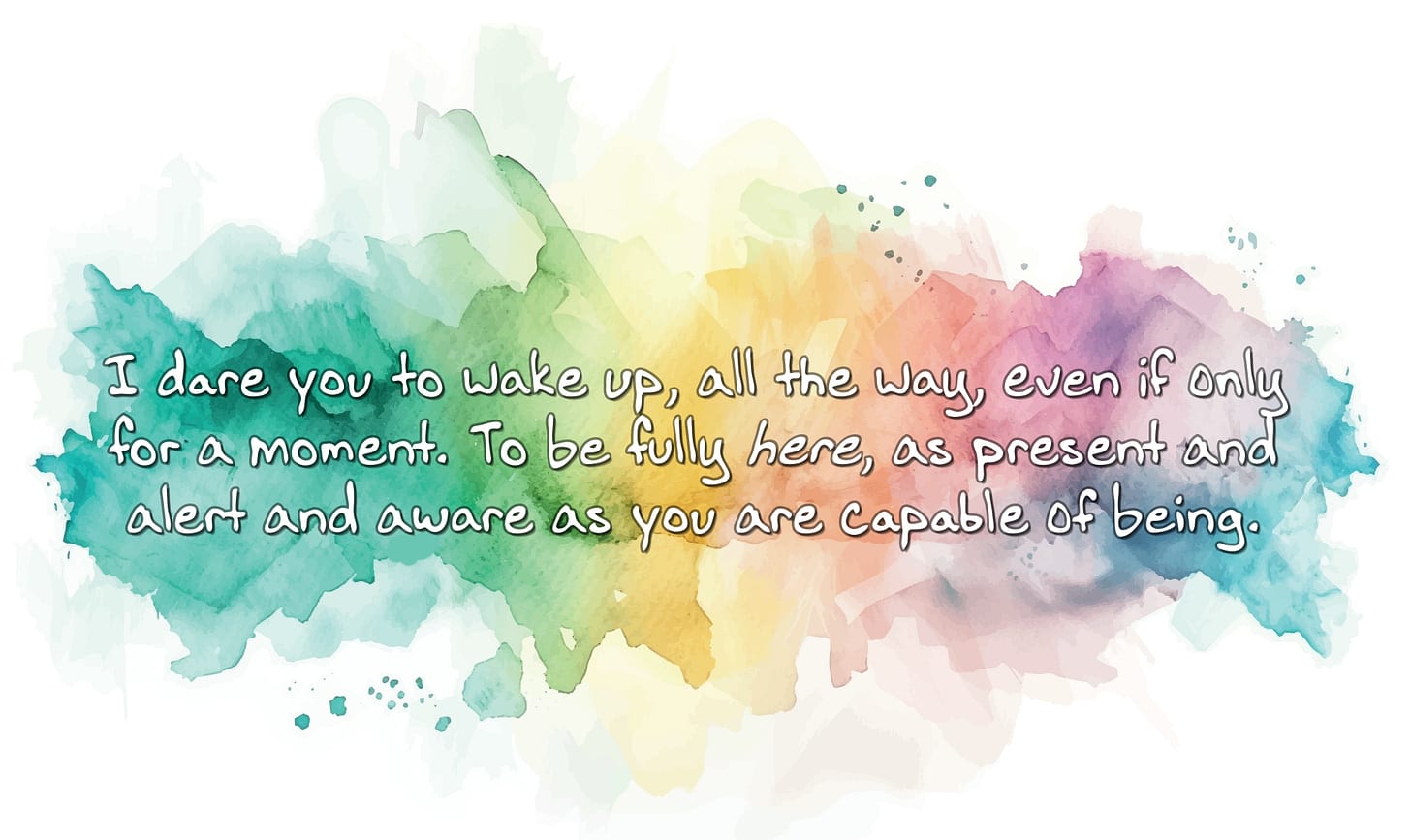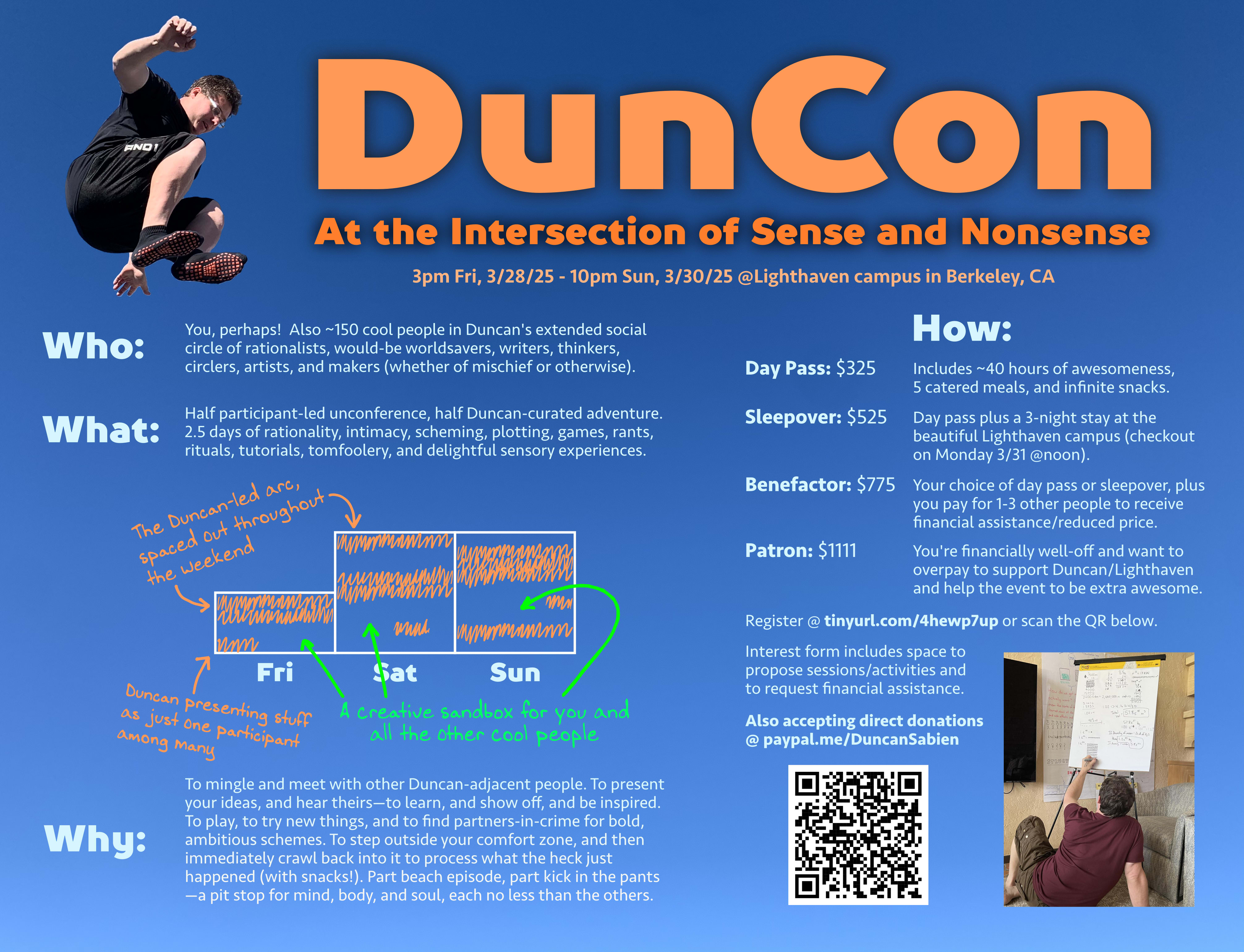Social Dark Matter
You know it must be out there, but you mostly never see it. Author's Note 1: These days, my thoughts go onto my substack instead of onto LessWrong. Everything I write becomes free after a week or so, but it’s only paid subscriptions that make it possible for me to write. If you find a coffee’s worth of value in this or any of my other work, please consider signing up to support me; every bill I can pay with writing is a bill I don’t have to pay by doing other stuff instead. I also accept and greatly appreciate one-time donations of any size. Author’s Note 2: This essay is not intended to be revelatory. Instead, it’s attempting to get the consequences of a few very obvious things lodged into your brain, such that they actually occur to you from time to time as opposed to occurring to you approximately never. Most people could tell you that 17 + 26 = 43 after a few seconds of thought or figuring, and it would be silly to write an essay about 17 + 26 equaling 43 and pretend that it was somehow groundbreaking or non-obvious. But! If the point was to get you to see the relationship between 17, 26, and 43 very, very clearly, and to remember it sufficiently well that you would reflexively think “43” any time you saw 17 and 26 together in the wild, it might be worth taking the time to go slowly and say a bunch of obvious things over and over until it started to stick. Thanks to Karim Alaa for the concept title. If you seek tl;dr, read the outline on the left and then skip to IX. I. #MeToo In September of 2017, if you had asked men in the United States “what percentage of the women that you personally know have experienced sexual assault?” most of them would have likely said a fairly low number. In October of 2017, the hashtag #MeToo went viral. In November of 2017, if you had asked men in the United States “what percentage of the women that you personally know have experienced


Guess who has written extensively about the general case of this failure mode of new conceptual handles 😅